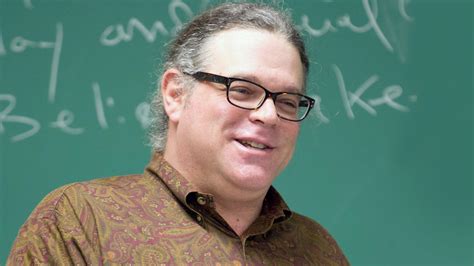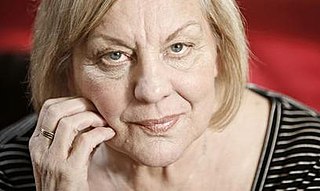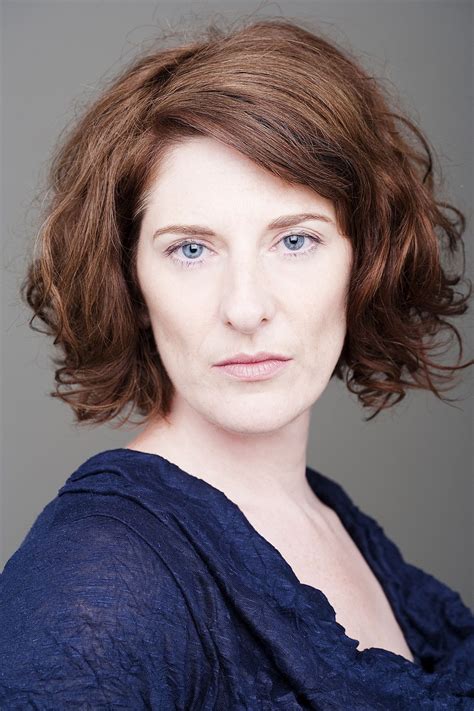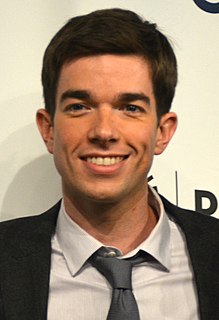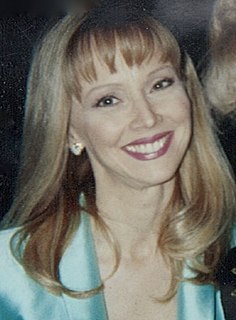A Quote by Norman Lear
I was writing for live television. And I said to myself, someday, soon as I can, I have got to do a situation comedy.
Related Quotes
My partner after Fred Freeman was Jerry Belson. And Jerry Belson, after I was doing so well writing situation comedy, said, this is not good enough. We got to create our own shows. I said, but we're very happy doing this. No, no, no, you got to get your own show. So he made me - and he and I created our own shows. And we actually - everything we created failed. "Hey, Landlord" was our first show - 99th in the ratings. But imagine this - it's a great reflection on the years.
To move from a discussion of the early relationship between theatre and television to an examination of the current situation of live performance is to confront the irony that whereas television initially sought to replicate and, implicitly, to replace live theatre, live performance itself has developed since that time toward the replication of the discourse of mediatization.
While optimism makes us live as if someday soon things will soon go better for us, hope frees us from the need to predict the future and allows us to live in the present, with the deep trust that God will never leave us alone but will fulfill the deepest desires of our heart... Joy in this perspective is the fruit of hope.
To me, Fight Club was a comedy. When [David] Fincher sent me the book and I read it, the first thing I asked him was, "This is a comedy, right?" he said, "Yeah, that's the whole point," and I said, "Okay, I'm in." I certainly wasn't imagining myself as a dramatic actor when I was running around in my underwear in that film.


